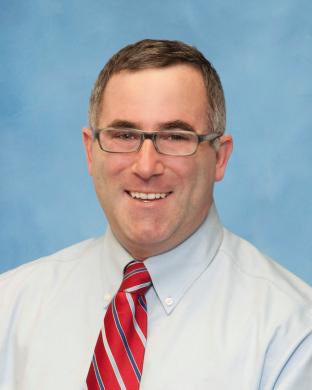Biography
David Hanauer, MD, MS, FACMI, FAMIA, earned his medical degree from the University of Michigan followed by training in pediatrics at the NYU/Bellevue medical center in New York City. He then obtained a master's degree in medical informatics at Brigham & Women's Hospital in Boston through the combined Harvard-MIT Division of Health Sciences and Technology. His work spans the continuum of informatics, ranging from independent research to informatics infrastructure development in support of research. Dr. Hanauer is currently a Clinical Associate Professor in the Department of Learning Health Sciences at the University of Michigan Medical School with joint appointments in the School of Information and the Department of Pediatrics.
He is the informatics faculty lead for the CTSA-funded Michigan Institute for Clinical and Health Research (MICHR). Through MICHR he has overseen the deployment and operation of multiple software tools including REDCap and others. He has been heavily involved with the development and national dissemination of software resources including YourHealthResearch.org (https://yourhealthresearch.org), a participant recruitment tool, and EMERSE (http://project-emerse.org), a self-service tool designed to help research teams find cohorts and abstract data from free text clinical notes. Also within MICHR he leads the informatics component of the Network-Based Research Unit (NBRU) that oversees the University's participation in the Patient Centered Outcomes Research Network (PCORNET) and the Accrual to Clinical Trials network (i2b2/ACT).
His academic interests include clinical and health informatics initiatives focused on the secondary use of clinical data and the interface between patients and the health care system. His work is highly collaborative in nature and he welcomes forming new collaborations.


